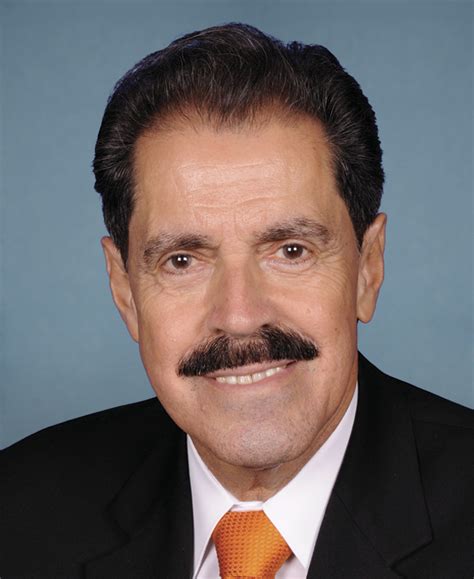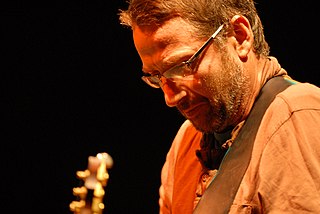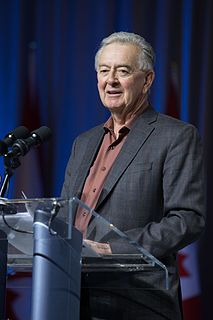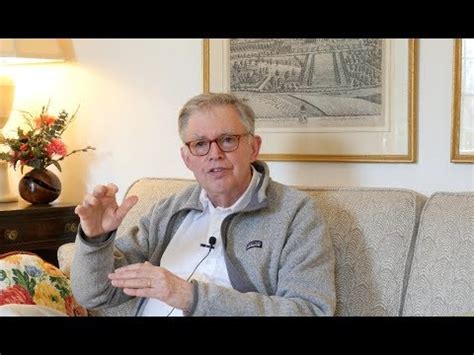A Quote by Minoru Mori
The disadvantages of a decentralized, spread out urban area are tremendous, and the environmental damage of urban sprawl cannot be ignored. As a large city, Tokyo must be used more efficiently and the population density increased.
Related Quotes
A city can only be reconstructed in the form of urban quarters. A large or a small city can only be reorganized as a large or a small number of urban quarters; as a federation of autonomous quarters. Each quarter must have its own center, periphery and limit. Each quarter must be a city within a city.
Whenever we make changes in our surroundings, we can too easily shortchange ourselves, by cutting ourselves off from some of the sights and sounds, the shapes or textures, or other information from a place that have helped mold our understanding and are now necessary for us to thrive. Overdevelopment and urban sprawl can damage our own lives as much as they damage our cities and countryside.
Cities originally surrounded by a wall can produce an urban population cut off from the surrounding fields and from agriculture altogether. At the same time, the greenbelt laws eliminate the possibility of the unchecked expansion of a city into a monstrous megalopolis. If there is a need for additional homes, a new city must be established.
Living in cities is an art, and we need the vocabulary of art, of style, to describe the peculiar relationship between man and material that exists in the continual creative play of urban living. The city as we imagine it, then, soft city of illusion, myth, aspiration, and nightmare, is as real, maybe more real, than the hard city one can locate on maps in statistics, in monographs on urban sociology and demography and architecture.































